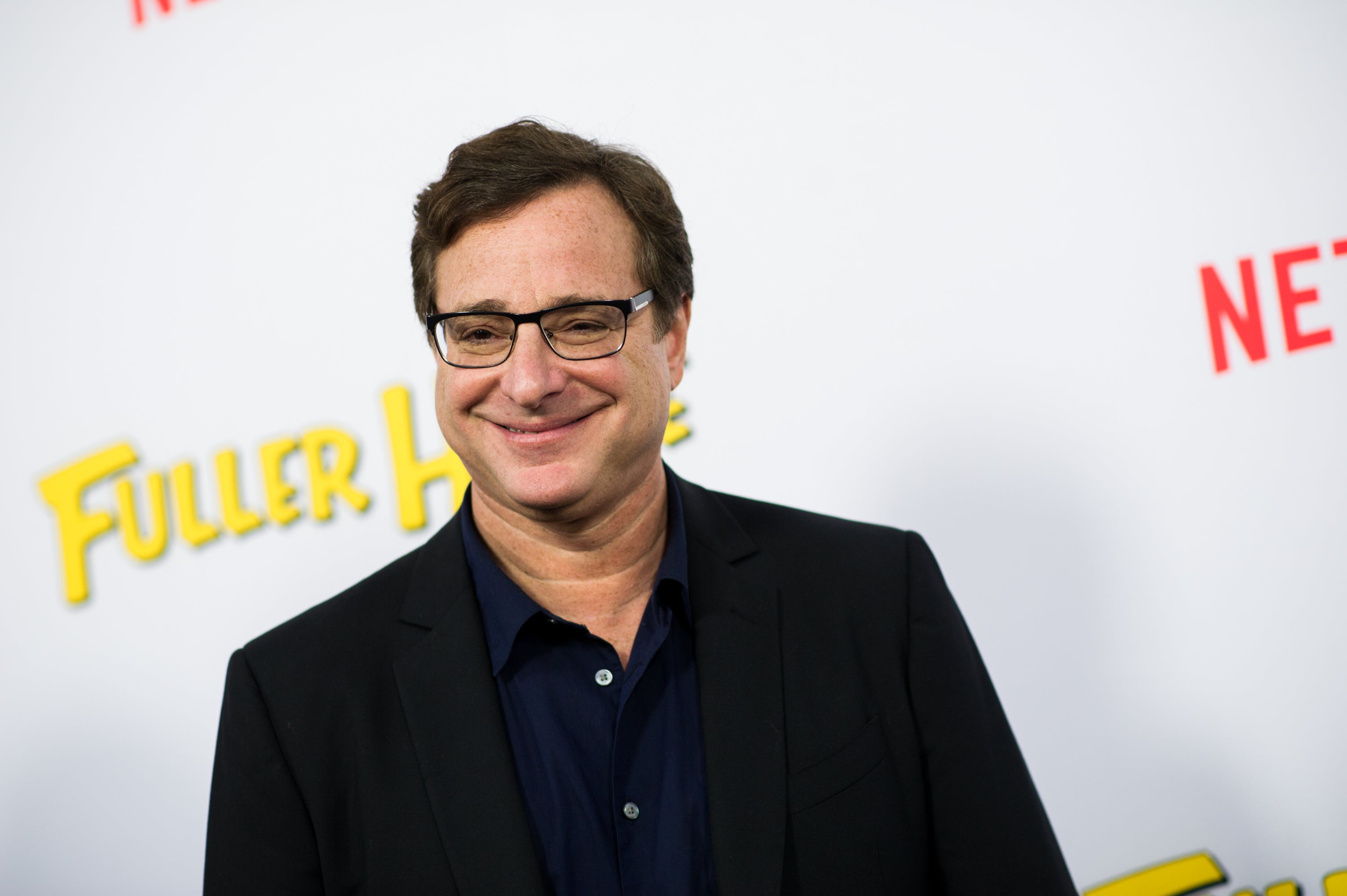Consider why Bob Saget’s family might really want to block access to his autopsy records
The curiosity and sadness following the comedian’s death is natural, but our current political environment doesn’t lend itself to nuance


Bob Saget’s family has filed a lawsuit to keep some details of his autopsy private. The 65-year-old actor was found in his Orlando, Florida hotel room last month. The medical examiner’s office determined that the cause of death was an accidental head injury. But the suddenness of the death, and polarization around Covid, has led to a proliferation of conspiracy theories about Saget’s death.
Celebrities are public figures, and the public has an interest, and some right, to know about the causes and circumstances of the deaths of public figures. The problem is that in some cases, some segment of the public doesn’t really want to know about causes and circumstances. They want to hear an exciting or interesting or at least coherent story, which provides a sense of narrative closure. Often they also want villains to blame. Unless media outlets are careful, the pursuit of truth can turn into a pursuit of the opposite of truth, with painful consequences for family and loved ones.
There are some legitimate uncertainties about Saget’s death. His injuries seemed more extensive than those you’d expect in a typical fall. There are various plausible, non-sensational explanations for that. But since he was alone at the time of his death, we may simply never know which of those applies. Despite what police procedurals lead you to believe on television, forensics aren’t magic, and can’t recreate death scenes in high definition for leisurely viewing.
The normal uncertainty around a unwitnessed death leaves lots of room for irresponsible speculation. Some people have argued that Sagat’s death was the result of some sort of assault. Saget tested positive for Covid at the time of his death, and that’s led some to claim the disease was involved in his death, though there’s no evidence it was.
Conspiracies around violent, unexpected deaths of famous people are nothing new. Vince Foster, deputy White House counsel, who died by suicide in 1993, has been the subject of conspiracy theories for decades. The right falsely claims (with no evidence) that Bill and Hilary Clinton were responsible for his death. Similarly, NBA star Kobe Bryant’s death in a private helicopter crash in January 2020 sparked a slew of conspiracy theories, including (again) the nonsensical claim that Hillary Clinton was behind it, and more general speculation that it was planned or orchestrated.
In part, conspiracy theories are a way for people to try to make death make sense. Death, notoriously, doesn’t make sense. It can, and does, come for everyone eventually, often in unexpected ways that don’t have a satisfying narrative arc.
So when a beloved actor falls in a hotel room and dies for no real reason, it’s disturbing and upsetting. People try to create a story around it in part because they don’t want to feel vulnerable, and in part because unsatisfying stories are unsatisfying, and people want to write a better ending.
Conspiracy theories are also, though, spread with deliberate malevolence by people who hope to gain attention or political power. Republicans in particular have embraced anti-establishment messaging as a way to energize voters, as Amy Fried and Douglas B. Harris discuss in their recent book At War With Government: How Conservatives Weaponized Distrust from Goldwater to Trump. Celebrity deaths are an opportunity to attack mainstream media and push conservative talking points. Thus pundit Candace Owens catered to right-wing anti-vaxxers by recklessly and absurdly claiming, with no evidence, that Saget’s death was somehow the result of the Covid vaccine.
Sometimes transparency and openness can help dispel conspiracy theories. But often they can’t. Reality is always at least somewhat uncertain and there’s always room for suspicion if you want to be suspicious. Again, this is especially the case when political pundits and news organizations, especially on the right, have a business model built on conspiracy theories, and see every celebrity death as a potential opportunity to enrich and empower themselves.
Many of us, and especially journalists, like to believe that more information will always lead ot more understanding and more access to truth. If you want to stop people believing false things, release more information, so that they can see the truth. Conspiracy theories, though, are notoriously difficult to debunk. They’re “self-reinforcing belief systems,” according to psychologist Ben Radford. Once someone becomes a believer, they tend to double down in the face of opposition.
In this context, it makes sense for Saget’s family to try to try to restrict the release of autopsy photos. They know that those images will just be picked up by conspiracy theorists and circulated callously on social media and possibly on right-wing sites as well along with irresponsible and cruel speculation. The family deserves better—and frankly the public does too.

Join our commenting forum
Join thought-provoking conversations, follow other Independent readers and see their replies